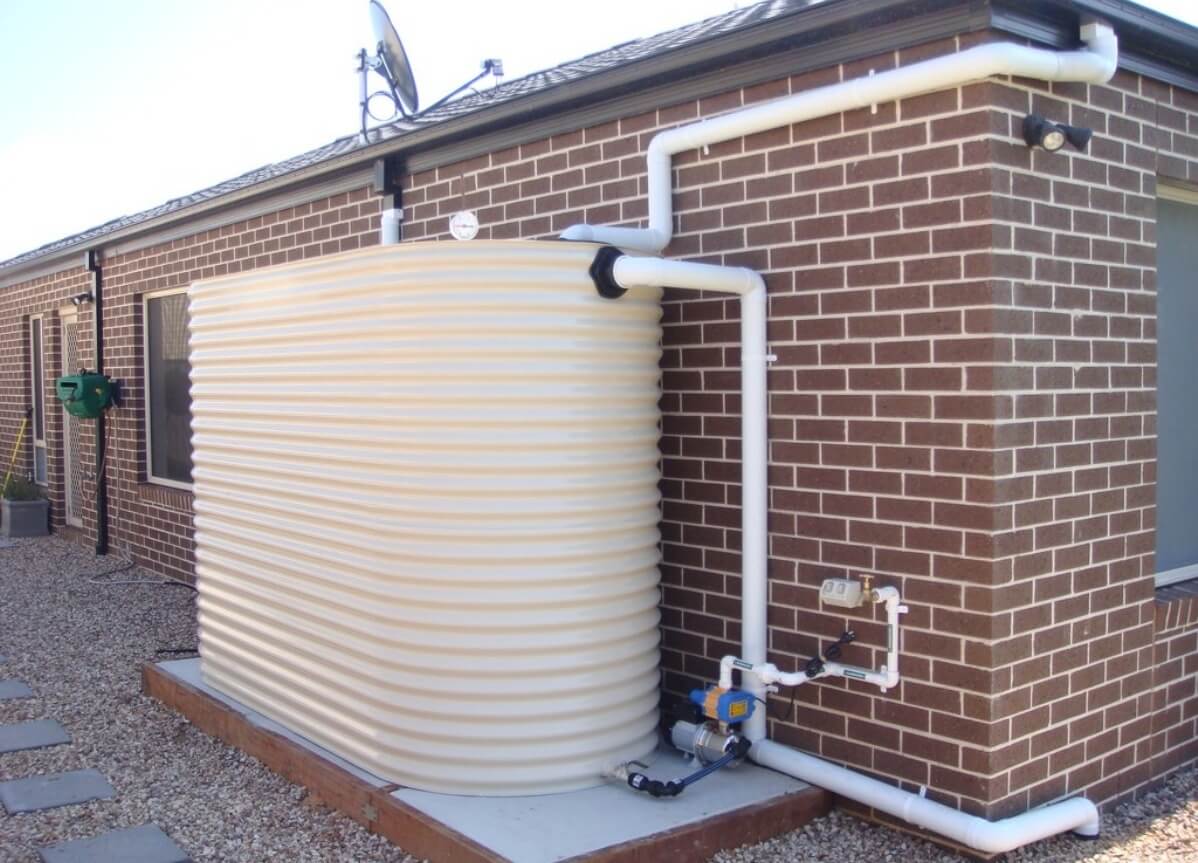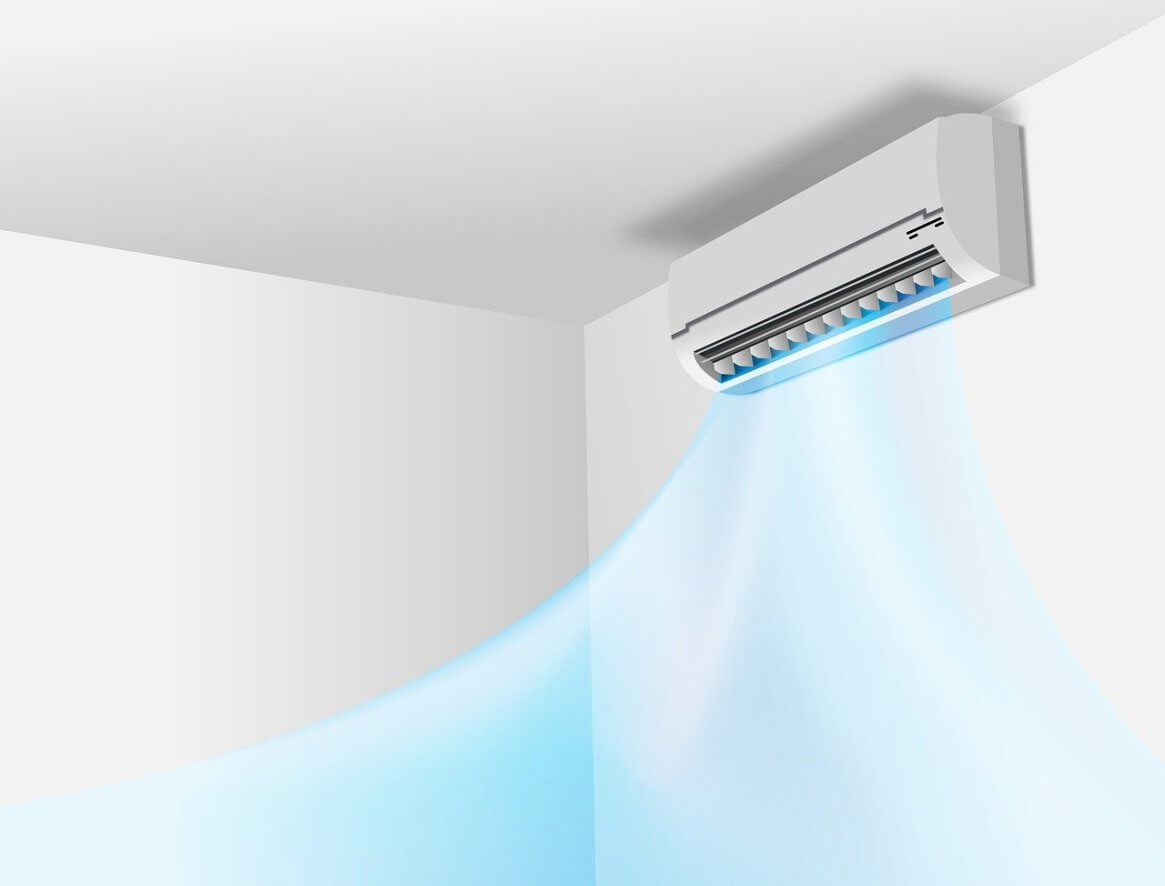Water management practice is a good habit. It is good for the future as well. We all know the continually decreasing levels of water across the planet. Therefore, rainwater harvesting is a good, socially acceptable and environment-friendly step toward our planet’s conservation.
Also Read: 5 Steps To Designing Your Dream Home
Harvesting rainwater is a lot of work, but it can also meet a lot of your water needs. There are many reasons why people want to harvest rainwater at their homes. Harvesting rainwater brings a lot of significant, economic, environmental and social benefits too. To better understand why many are turning toward rainwater harvesting at home, let’s check all the benefits of rainwater harvesting systems brings to a home.
Benefits of Rainwater Harvesting
1. Reduces Dependence on Municipal Water Source.
By harvesting rainwater, you can significantly reduce your dependence on municipal or treated water source. In this way, you can reduce your water costs and save a lot of money. As fresh drinkable water is a non-renewable resource, we should save as much of it as possible so future generations may benefit from this resource. We cannot waste it by misusing it. And rainwater harvesting is a good method to save drinking water for your future use. When a lot of people in your neighborhood looks toward rainwater harvesting, this will eventually reduce the water supply restrictions set by water treatment plants and the costs you are paying for their water. After all, you are not paying for the water itself; you’re paying the plants for treating the water.
2. Necessity.
Municipal water systems may not be available to many rural areas all the time. To answer this need, a lot of residents in rural areas turn to rainwater harvesting for their needs. Additionally, they can use the rainwater as their back-up system. Rainwater can not only supply their basic needs (irrigation,drinking water when used with other filters and disinfecting systems, etc.) but can also supply grey water needs (household chores, doing the laundry, etc.).
3. Saves money.
As stated above, using rainwater can give you many economic benefits, on top of the benefits to the environment. You cannot ignore this fact. If you store rainwater in large-capacity tanks, you may be able to get certain rebates from your local council.
4. Meets the needs during the summer months and in droughts.
During the summer months, water levels may reach critically low levels, and interruptions are always expected. In this time of the year, stored rainwater during the monsoon season is always a good backup plan. It can reduce your demand for municipal water in times of water interruptions.
5. Environmental benefits.
Harvesting rainwater may also reduce contamination found in surface water. As water is a natural solvent, you can therefore dilute the chemicals that may be present in surface water. Harvesting rainwater may also reduce the impact of the storm in terms of floodwater control and may be employed as simple and effective means to meet the needs of the municipality’s storm water management system. Additionally, harvested rainwater is perfect for the plants as this water is basically free of contaminants, apart from the naturally occurring compounds found in the earth’s atmosphere (carbon dioxide, nitrogen dioxide and sulfur dioxide, among others).
6. Meets council regulations.
In some suburban areas or states, local councils may have legislation to mandate some form of rainwater harvesting systems installed in each home. This not only decreases each home’s dependence on municipal water but this also meets each home’s deficiencies in time of need.
7. Long-lasting use.
You can use stored rainwater for a longer period of time. No one will stop you from use this water. However, make sure to expel excess or stagnant water reserves to make room for rainwater harvesting during rainy seasons.
Also Read: What Does Central Heating Installation Involve?
8. Easy to maintain. Rainwater tanks and rainwater collection systems in general are very easy to maintain. You just have to make sure to clean the leaf guard gutters and the first-flush diverters once in a while.
9. Reduces the need for groundwater.
Rainwater harvesting will reduce your dependence on groundwater. As the demand for water increases by the day and people in residential and industrial areas tend to get their water from surface water reserves in order to meet their demands, the water levels decrease too. But by using rainwater harvesting systems, we can reduce our need of groundwater and thus be self-sufficient.
Rainwater harvesting is gaining in popularity day by day. You can also install this system in your home as it gives you so many benefits at a one-time investment. Not only will you be less dependent on municipal water for your daily water needs, but you’re also helping save the environment.









